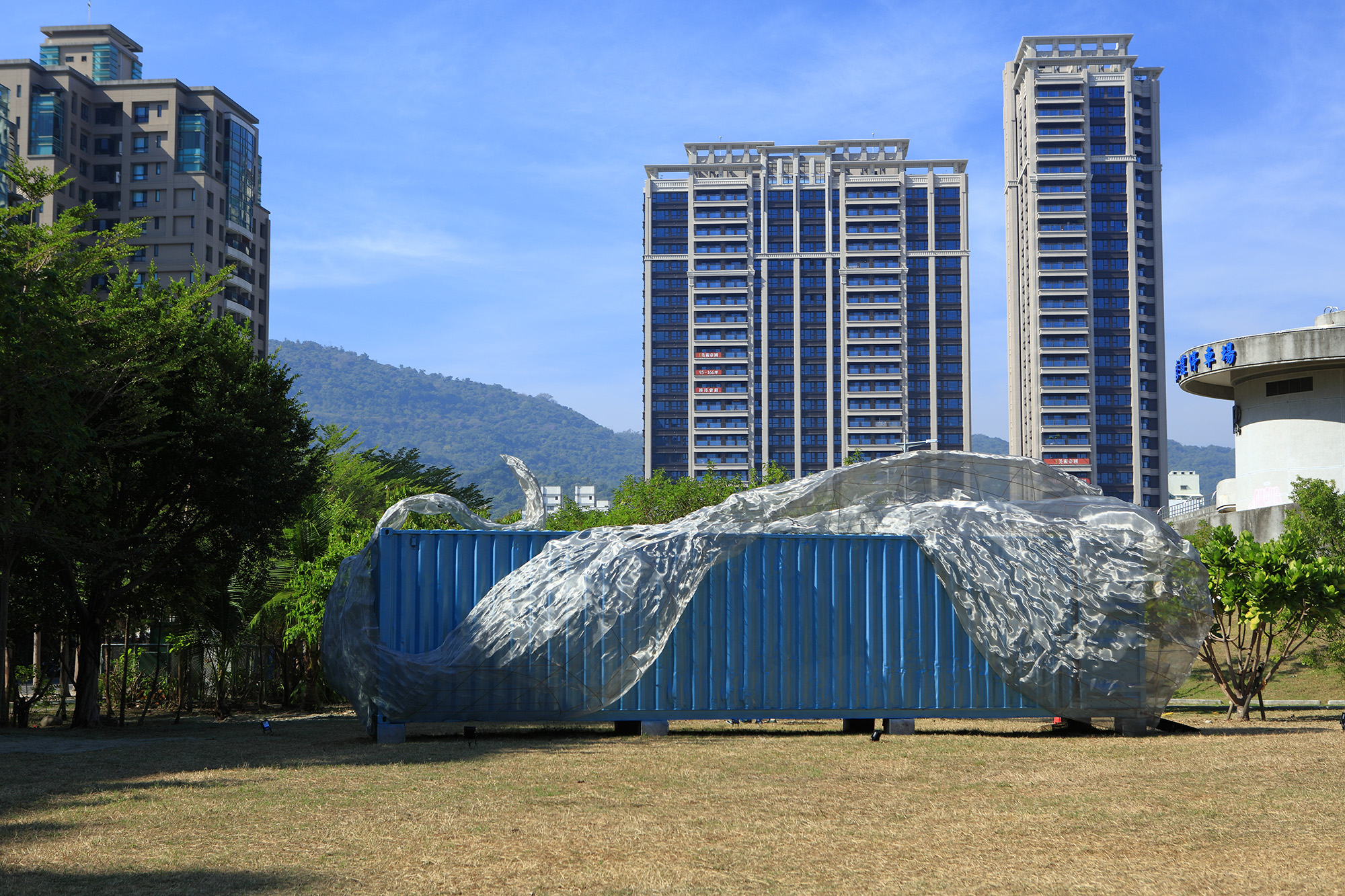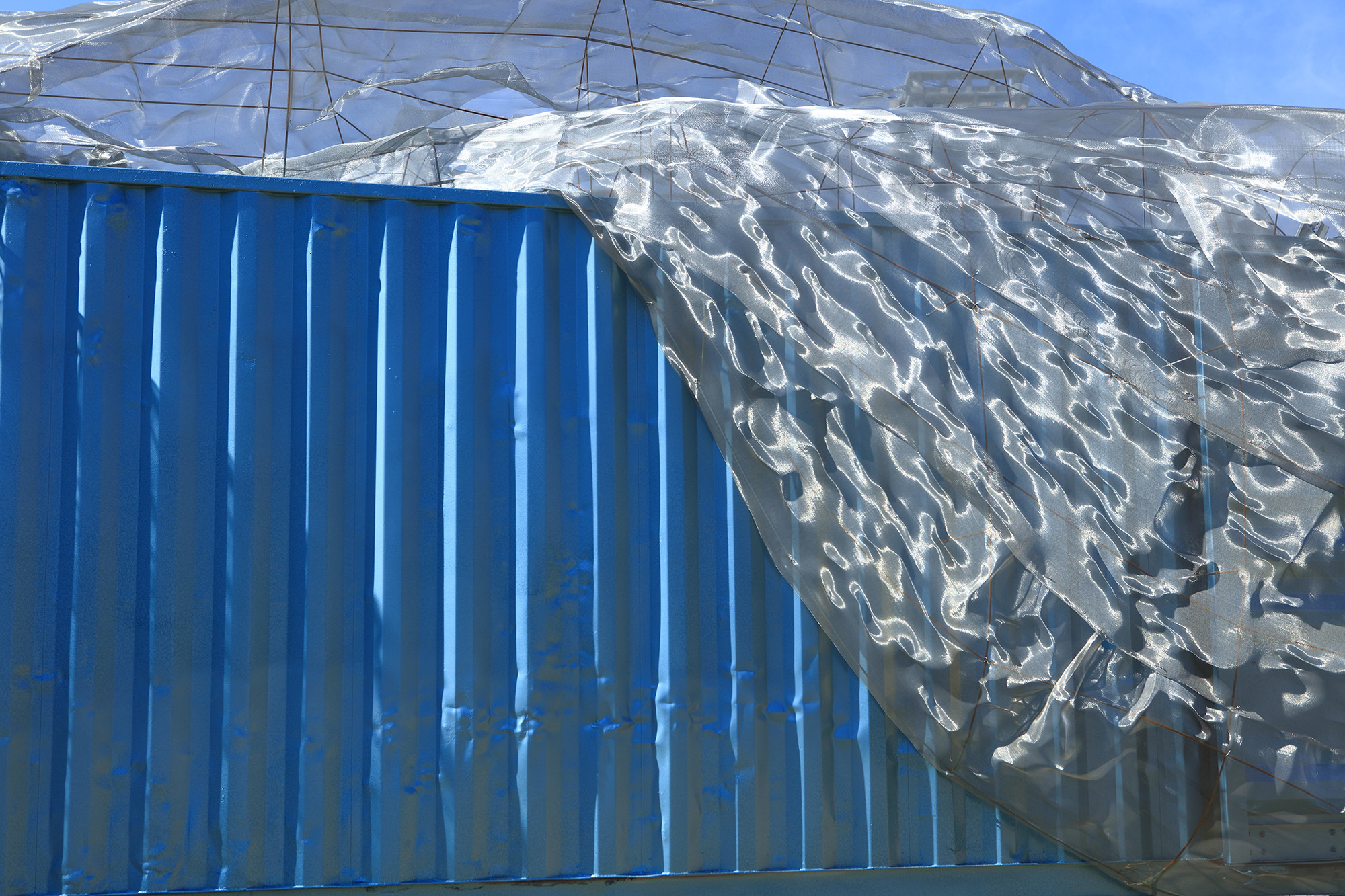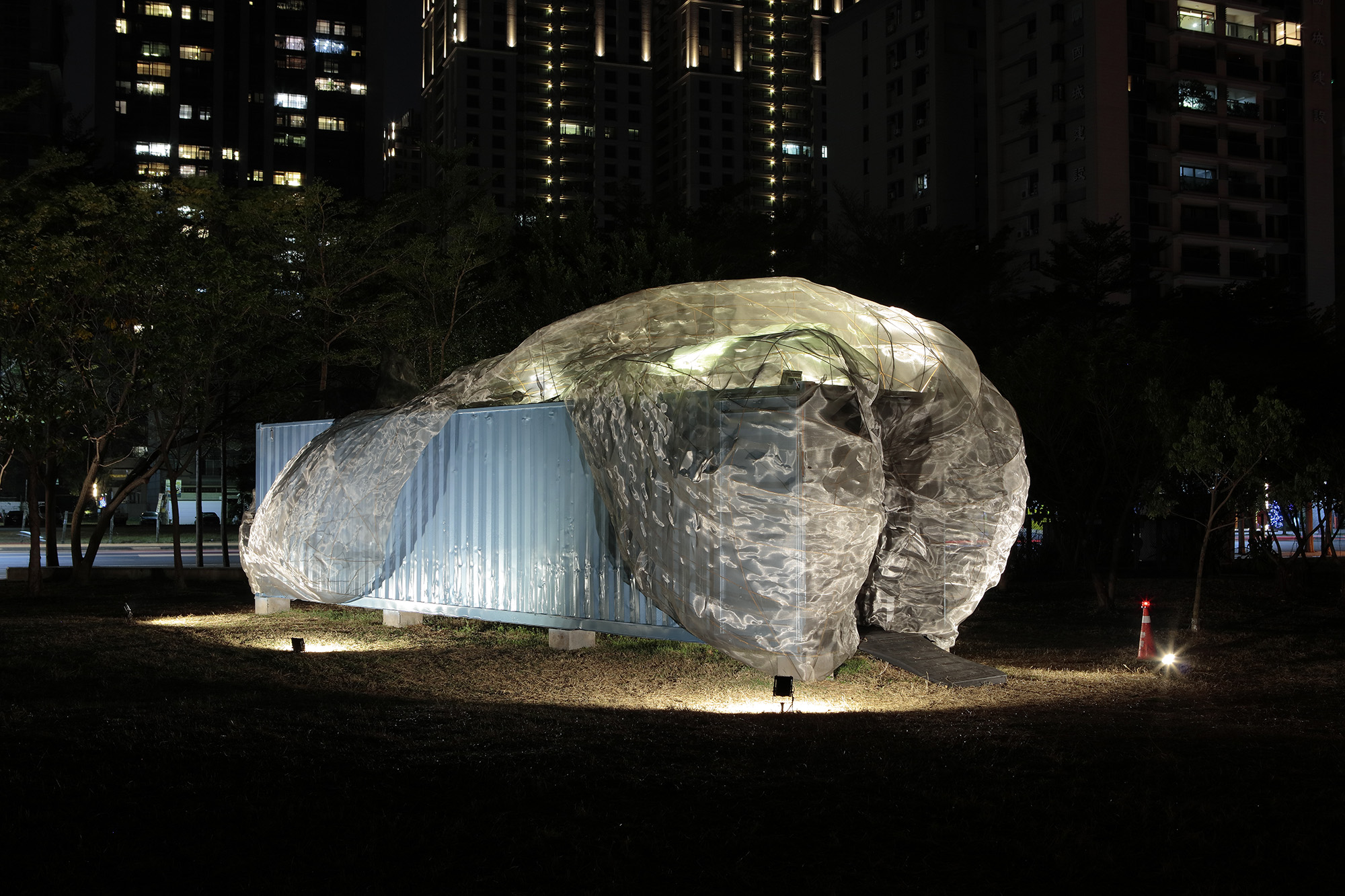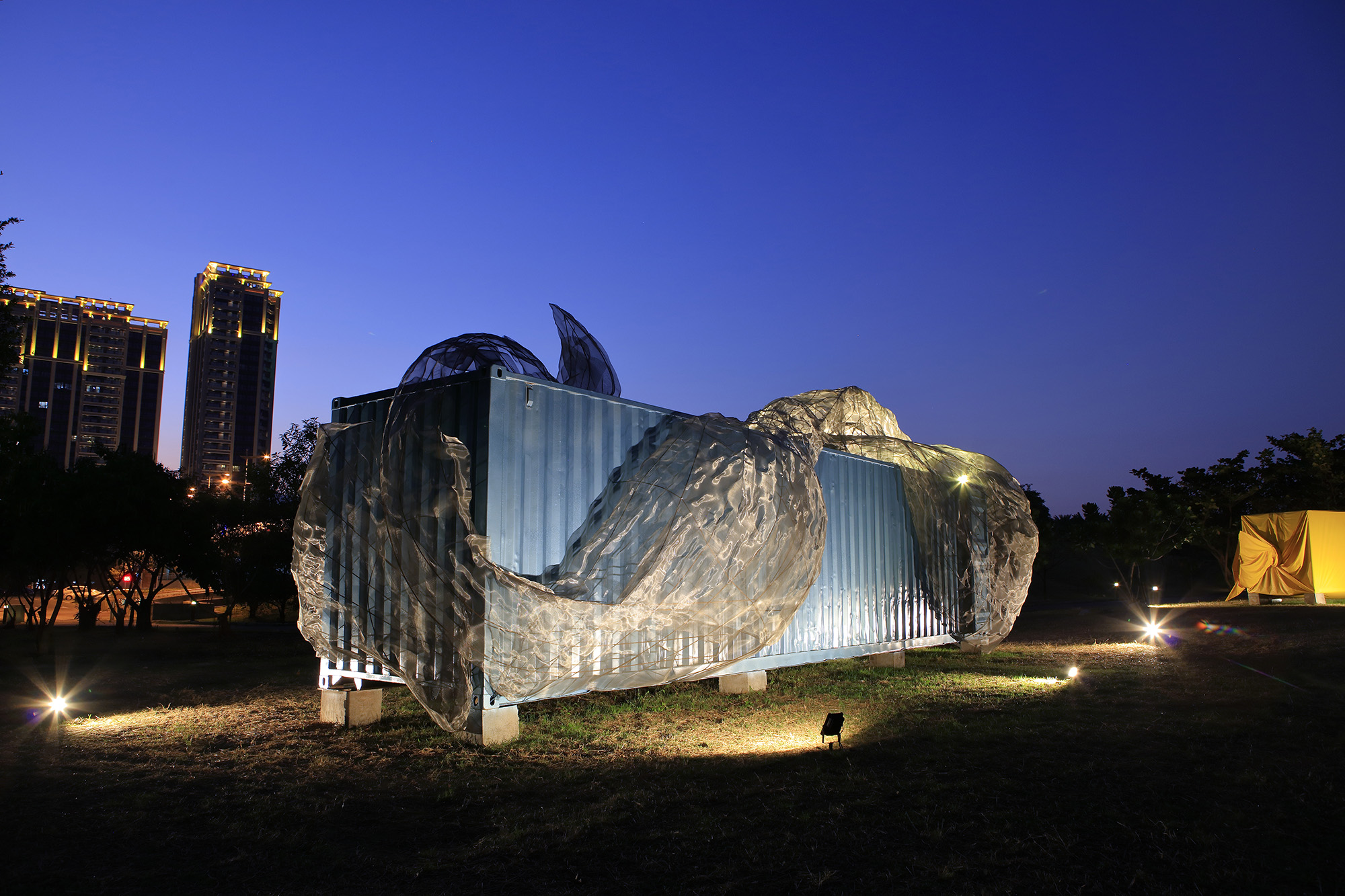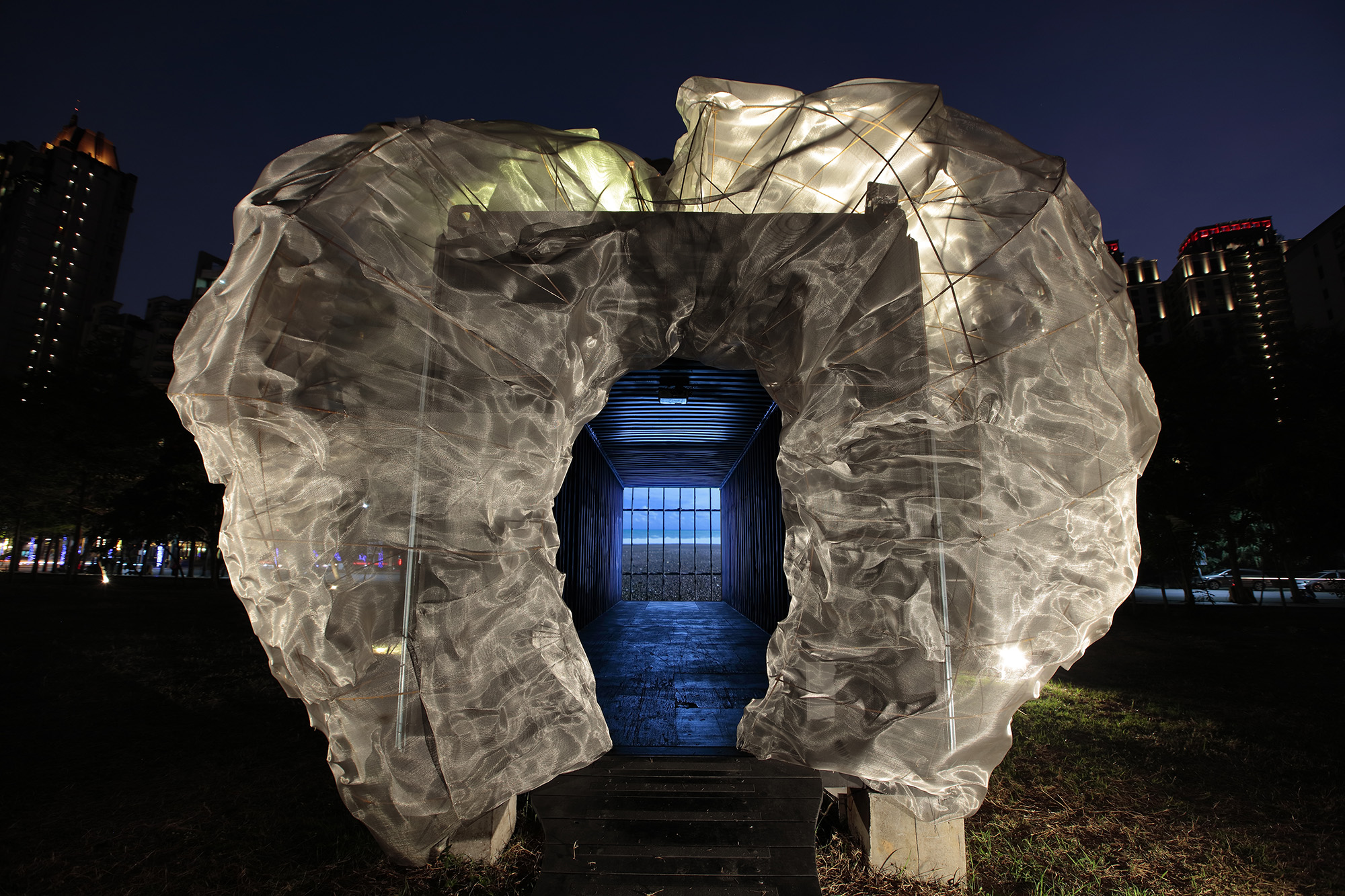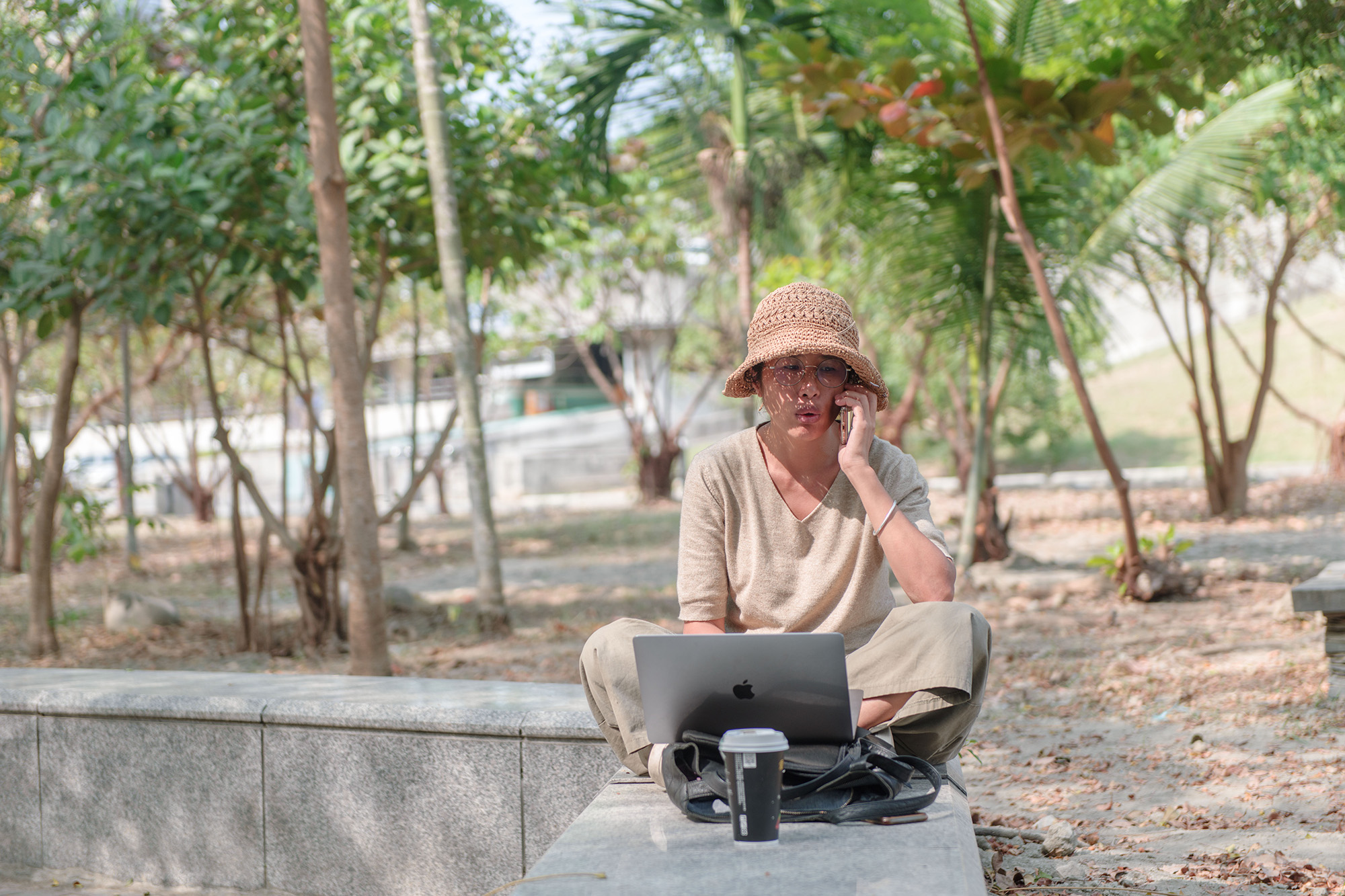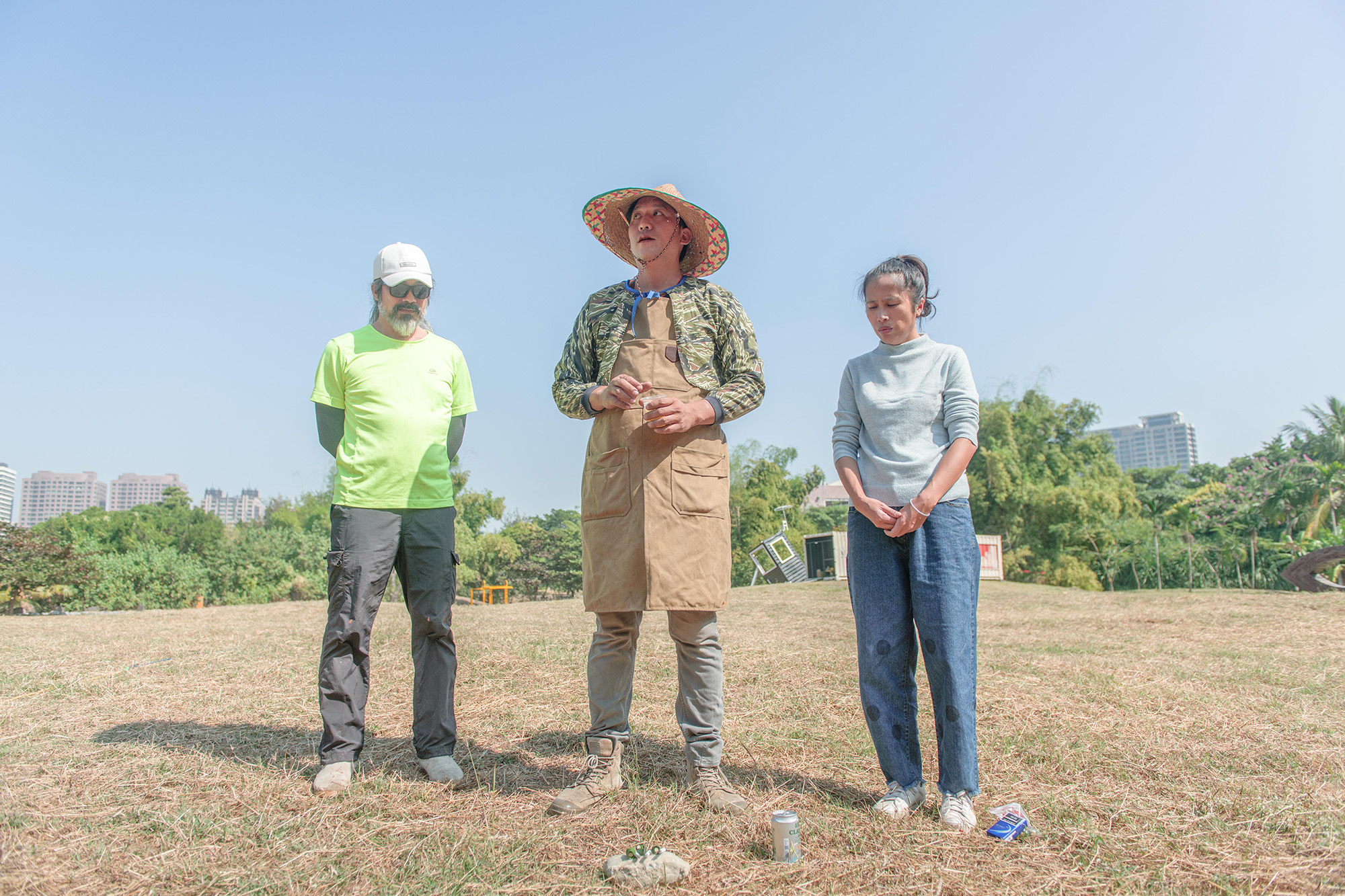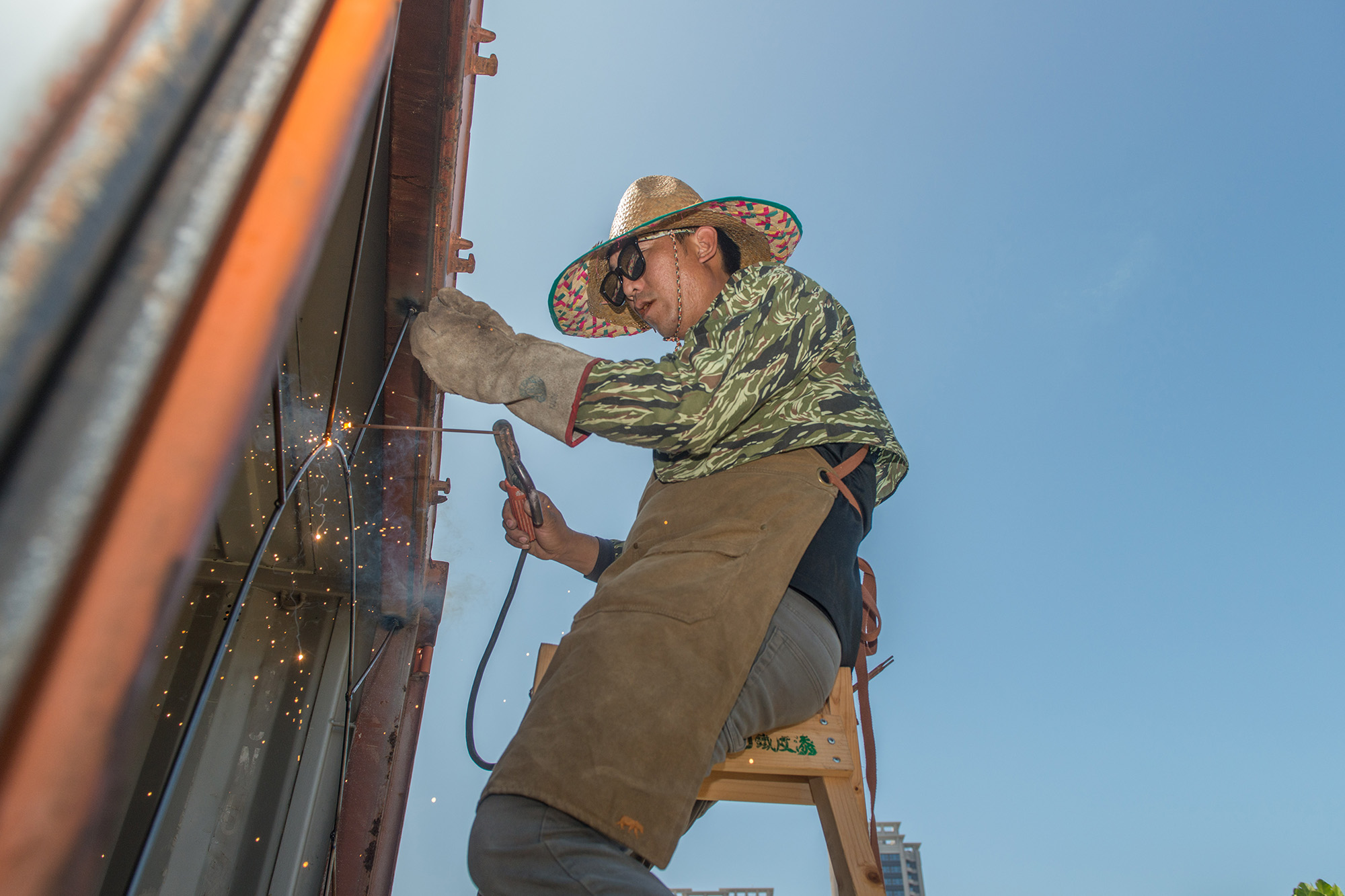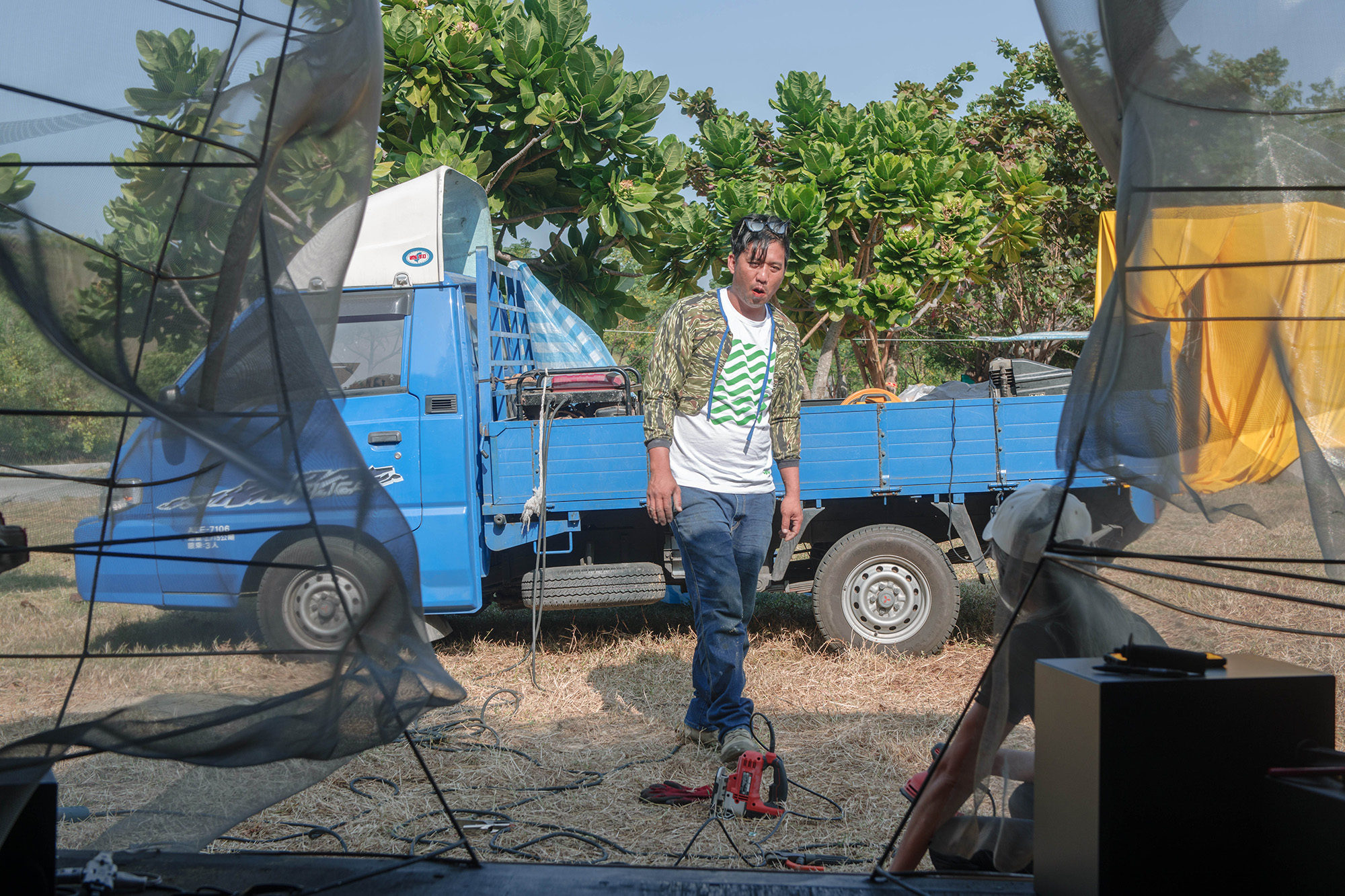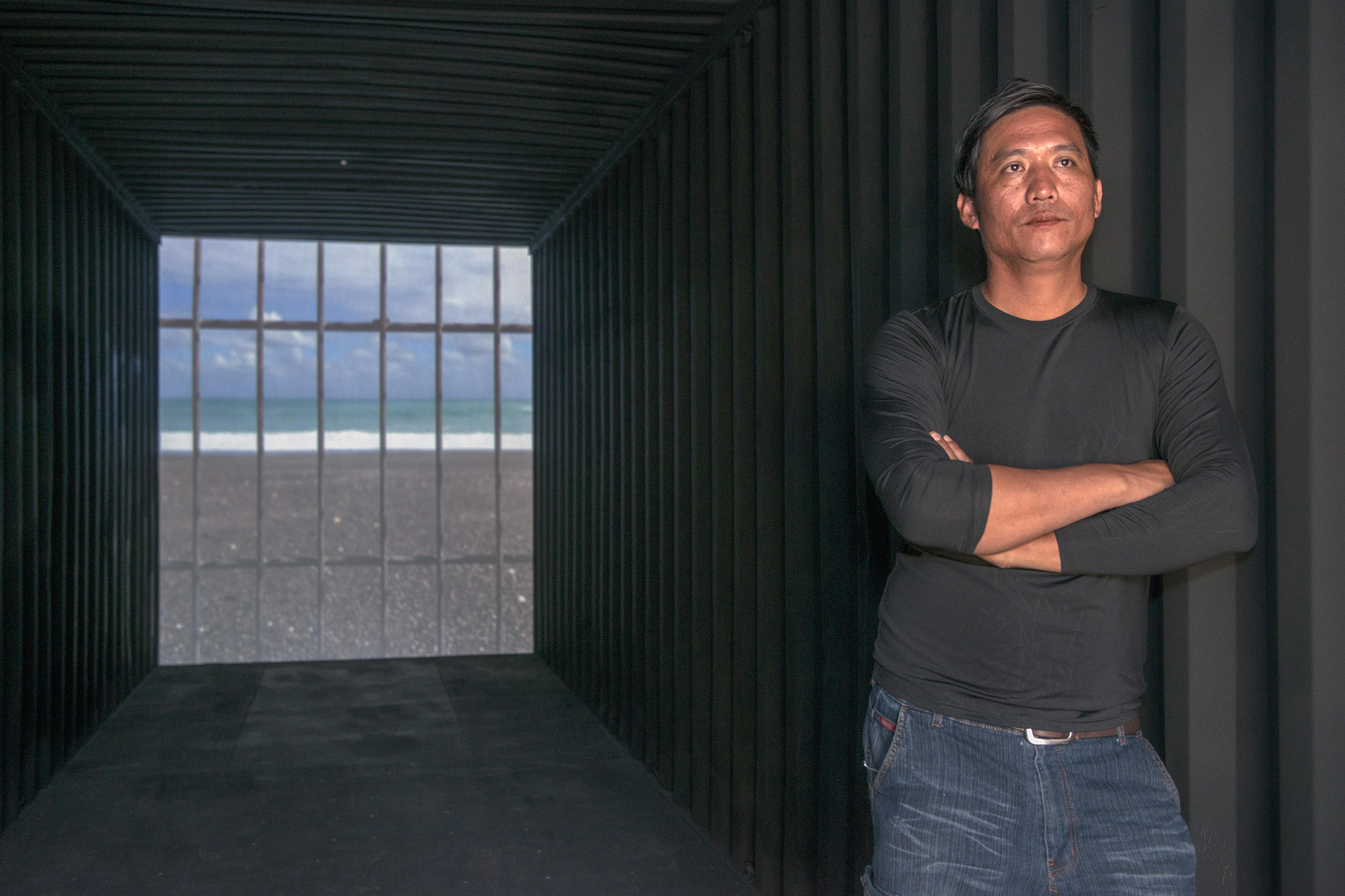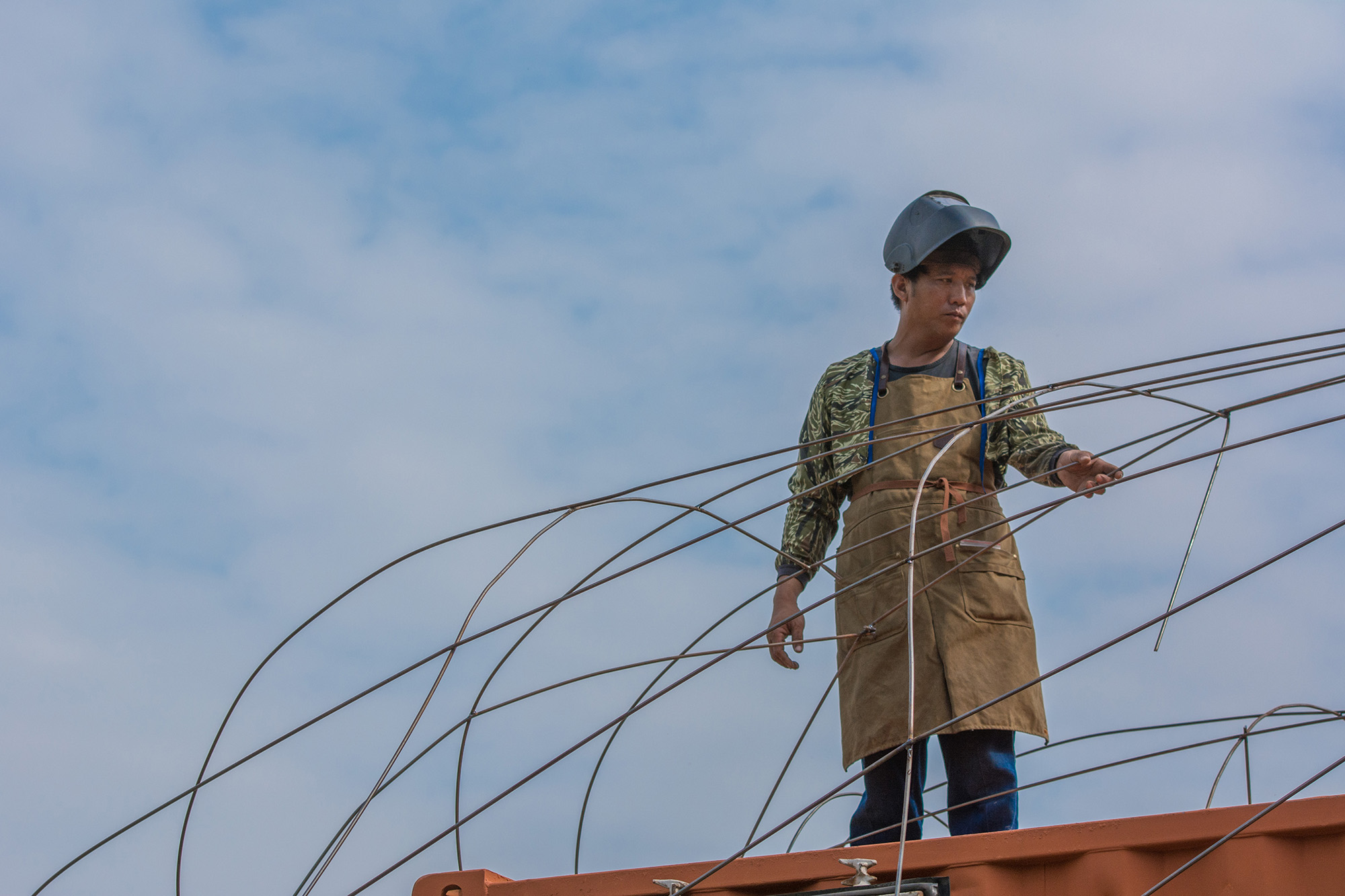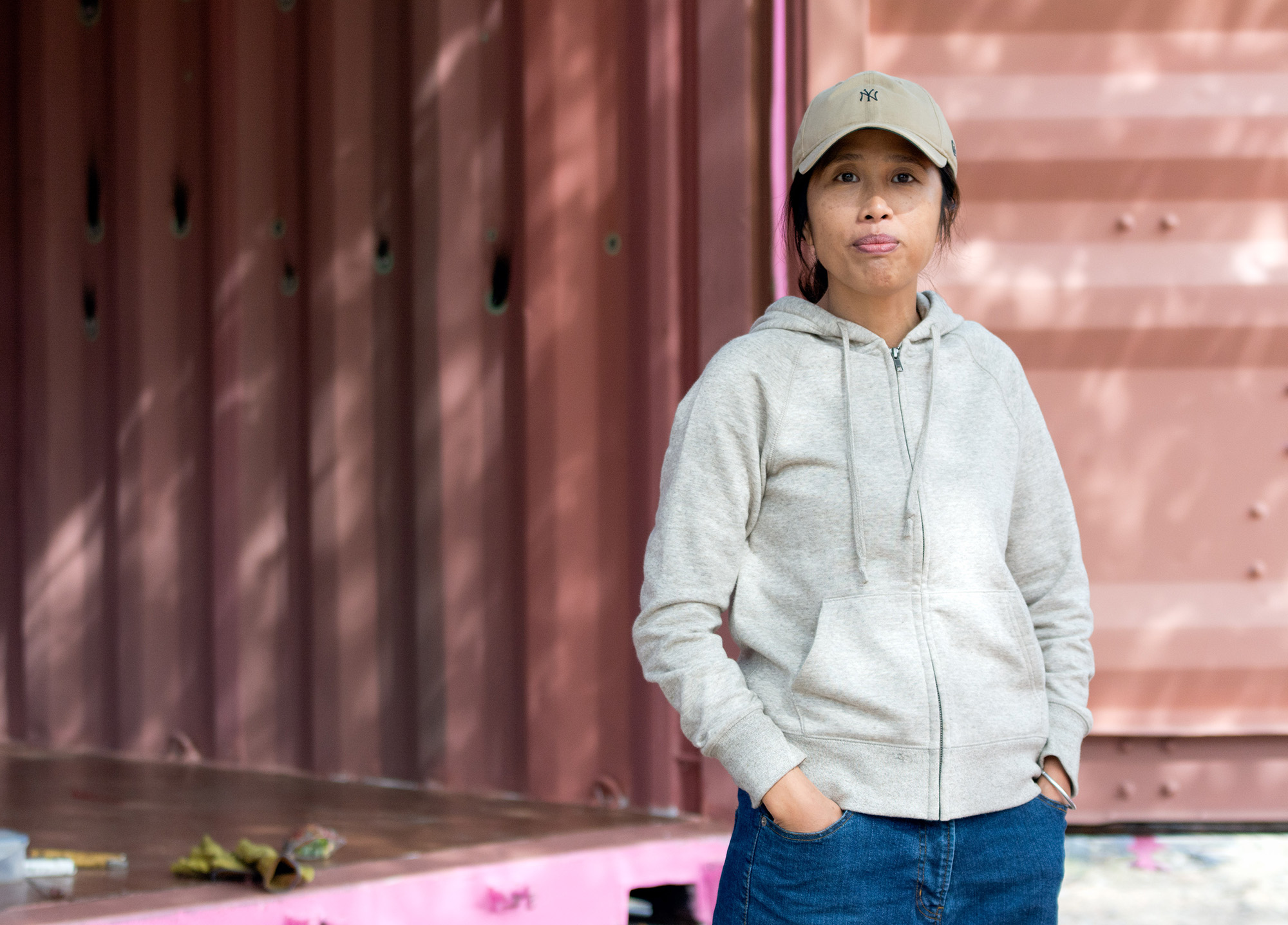
Nakaw Putun
來自花蓮港口部落的阿美族人,畢業於諾桑比亞大學文化管理碩士。從傳統樂舞舞者到成為藝術行政的Nakaw長年策畫原住民相關的各式創作表現,尤其在花蓮、台東的藝術環境深耕已久。為營造工藝家能持續創作的環境,於花蓮市創立「Wata.哇大」提供原住民藝術創作者展現作品平台。爾後由Wata承辦了大地藝術節、花東原創生活節,和藝術家建立了夥伴關係,一同觀察、面對、辯證。近年主要策畫2019 YRRAMBOI明日藝術節X Pulima藝術節、2018 Pulima藝術節「Micawor翻動」、2016東海岸大地藝術節等展。
參與創作藝術家 Team Members
伊祐・噶照 Iyo Kacaw
勒嘎・舒米 Lekal Sumi Cilangasan
作品名稱
浪聲聲浪 (Wave Sounds and Voices)
Nakaw Putun
A Pangcah artist from the Makotaay Village in Hualien, Nakaw graduated from the Creative and Cultural Management MA program at Northumbria University. Originally working as a dancer of traditional music, Nakaw has been long responsible in her position of art administration for curating different kinds of activities to demonstrate the diverse facets of indigenous arts, particularly in Hualien and Taitung. She established Wata to provide an environment for indigenous artists to not only continue with their artistic creation but also present their works. Through Wata, she was responsible for curating the Taiwan East Coast Land Arts Festival and the Original Living Art Festival, building partnerships with more artists and observing and having dialectical interactions with them. In recent years, she was mainly responsible for curating the 2019 YIRRAMBOI Festival x Pulima Art Festival; 2018 Pulima Art Festival—MICAWOR; and 2016 Taiwan East Coast Land Arts Festival.
